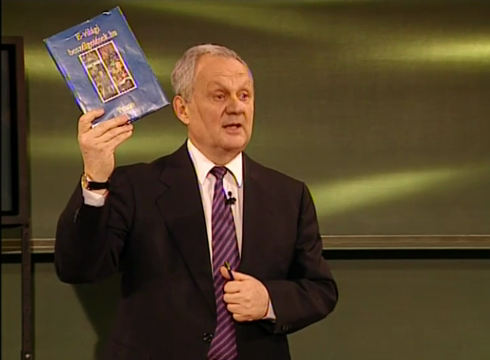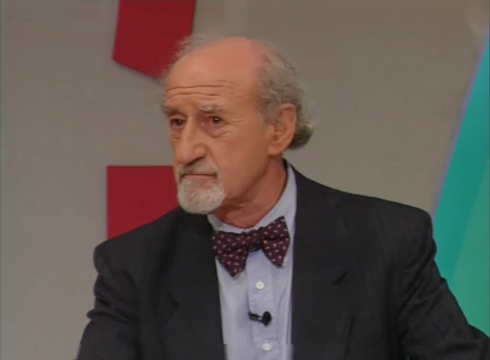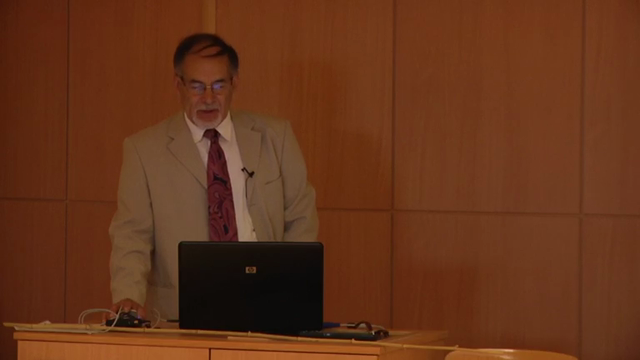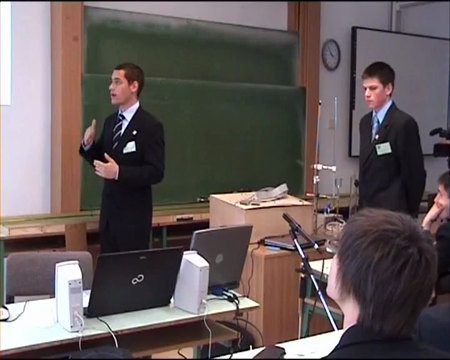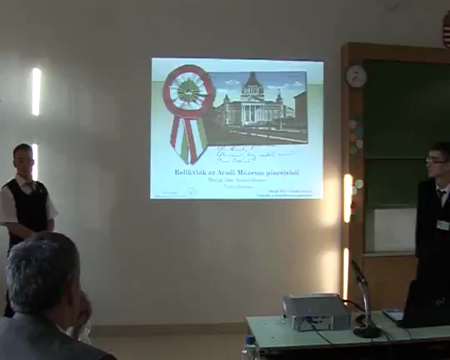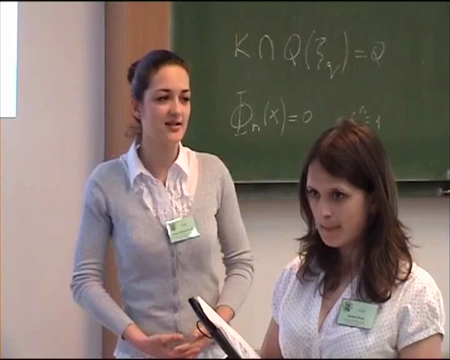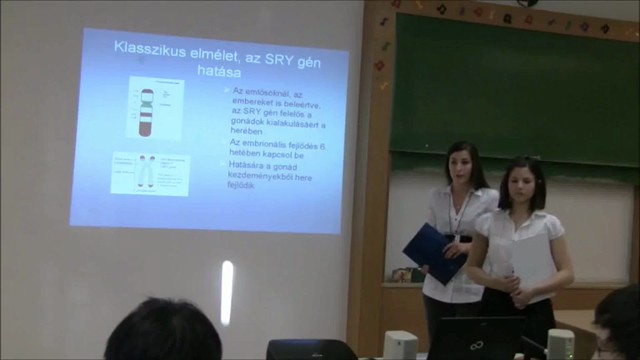Poetry has always been related to personality and ego. The new approach used by the poet-genius József Attila to construct the poetic "self" was in perfect harmony with the poets of the West such as Rilke, Ezra Pound or T. S. Eliot. During his development as a poet, he experimented with the tone of the symbolists, impressionists, the decadent and the avant-garde until, in March 1925, he departed in a radically new poetic direction with the poem, "Tiszta szívvel" (With Pure Heart). The lecture defines five periods in this process. The first act shows the need for the creation of the self from itself. From 1928 love becomes the basis for individuality, but from the beginning of 1929 his faith in it weakens and is replaced by the common order of the hidden relations between the self and the social world for which the poem serves as a map of sorts. From 1934 onwards however, this existence defining law is also rejected, and the poet searches for a new, more personal order. However, because the internal material order too fails to provide solace, the poet uses his own body to write his last poem and takes his own life. József Attila's heritage defined the trends of Hungarian poetry for several decades.


 MP3
MP3